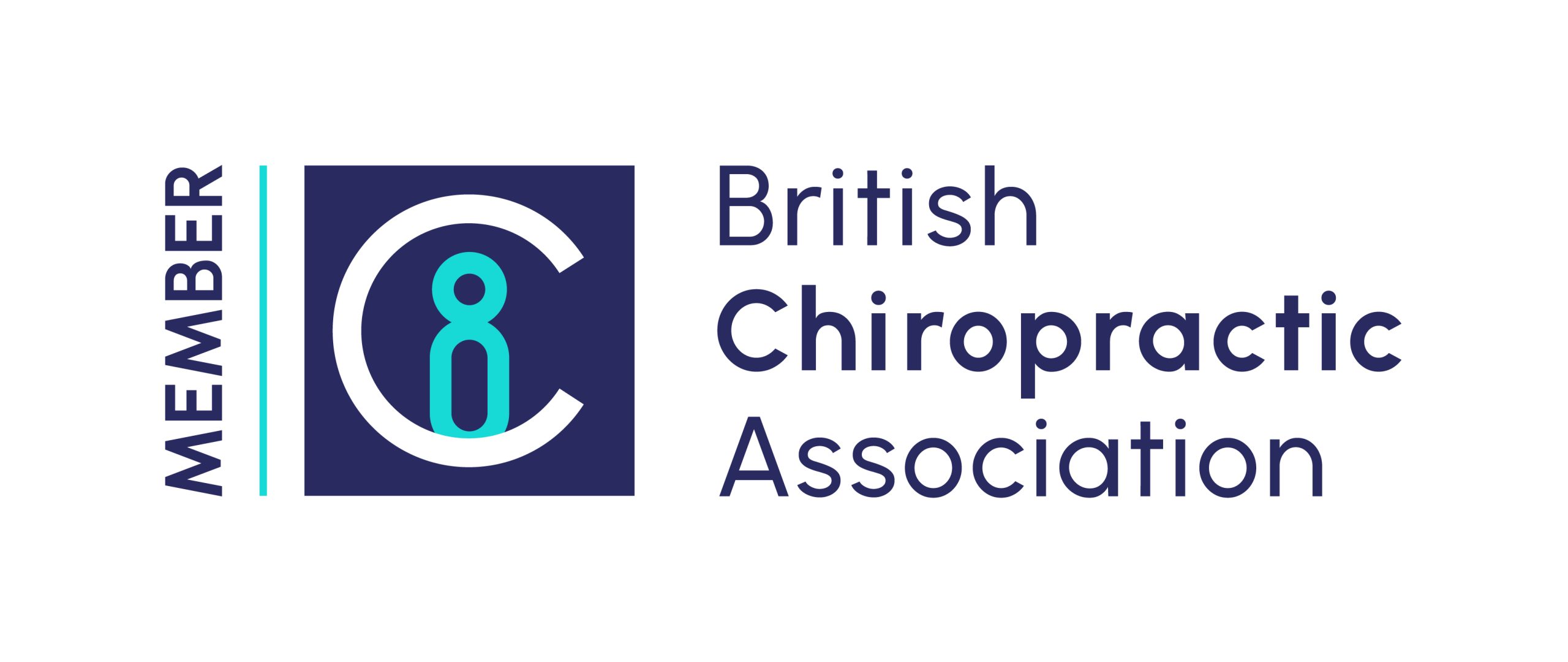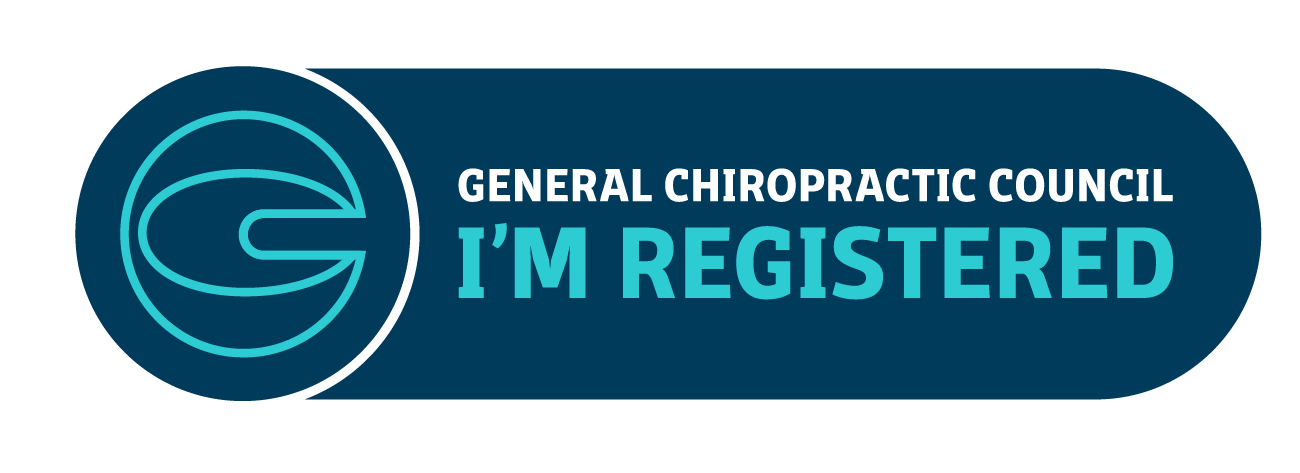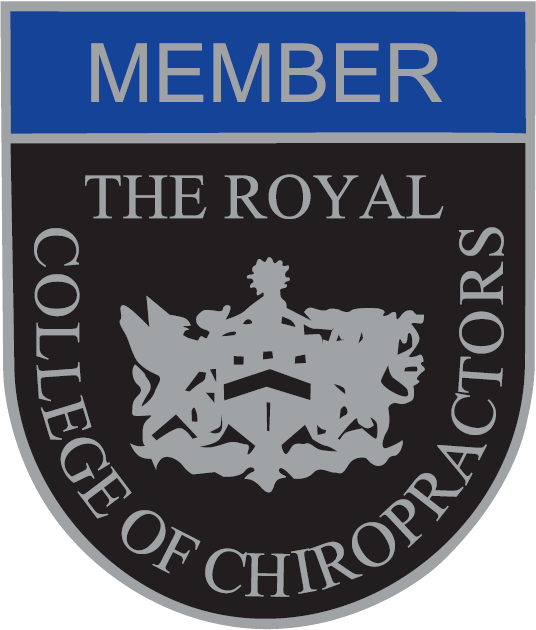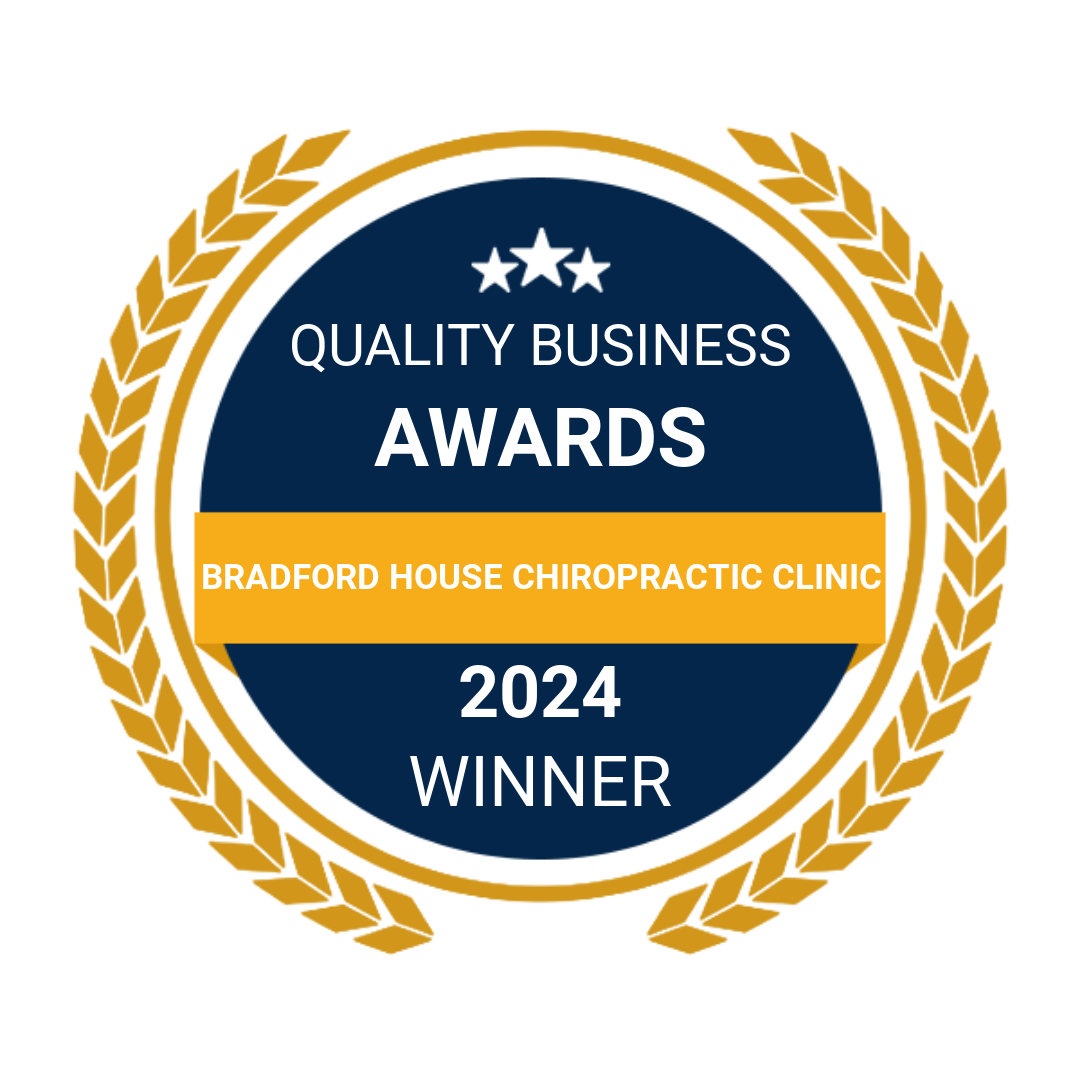
Golf has become increasingly popular across England in recent years, with players recognising the physical and mental benefits of the sport. In fact, England has about 2000 registered courses—making it convenient for anyone interested in hitting the links.
Golf is not considered as physical as football or rugby. However, golf injuries are very common. Thus, prevention is key!
If you want to avoid golfing injuries and thwart pain, keep reading. Below, we go over the most common golf injuries and how you can avoid them.
How Do Golfers Get Injured?
Golfers tend to develop pain due to the repetitive movements involved in the sport. Swinging a golf club puts a lot of strain and pressure on the back, knees, arms, and shoulders. If you have poor posture, you run a greater risk of straining back muscles or tearing knee tissues.
Walking a golf course and frequently bending over to putt or place the ball can also put stress on the back, knees, and feet. Even the best golfers in the world sustain injuries. In fact, Tiger Woods, one of the greats, has experienced various golf injuries, including neck, back, knee, and Achilles damage—some of which derailed his career for lengthy periods of time.
All in all, novice golfers should focus on posture, conditioning, and strength to prevent golf injuries. Additionally, proper coaching or training can further help refine your form and prevent pain.
Below, we look at some of the common causes of pain when golfing. How can you avoid these? What should you know? Let’s find out!
1. Back Pain
Many golfers experience lower back pain at some point. Usually, this is due to the repetitive motion of the swing, incorrect posture, and bad form. Frequent rotation of the back can result in torn muscles and ligaments.
Golfers who carry their heavy bags between holes can also strain their back muscles. The additional exertion causes fatigue which impacts your golf swing and causes injury.
Decrease your risk of developing back pain by following these tips:
- Focus on improving your swing technique
- Stretch and warm-up before play
- Include core and upper body exercises in your regular workouts
- Adjust the straps of your bag to a comfortable position
- Cool-down after play
The truth is you don’t need to walk off the course in pain (nor should you!). Many injuries are avoidable, including back pain.
2. Knee Pain
In a round of golf, your knees bear a lot of weight. During a golf swing, weight shifts to the front knee. This repeated knee rotation may cause stress and possible injuries, such as tears to the ligaments, meniscus, and muscles.
Walking for several hours, often while carrying a heavy golf bag, can add further stress and strain to your knees. Old injuries may reappear if your knees are not properly cared for.
Decrease your risk of developing knee pain by following these tips:
- Seek assistance from a professional to improve your swing form
- Maintain a regular cardio and strength training routine
- Include knee and hip exercises in your workouts
- Stretch before and after playing
- Consider shoe insoles to reduce pain
- Use a golf buggy if you have pre-existing knee issues
3. Elbow Pain
Golfer’s elbow, also called medial epicondylitis, results in pain on the inside of the arm between the wrist and elbow. This happens due to tendon damage from repeated and forceful movements required to bend the wrist.
Golfers tend to develop this condition from gripping the club too tightly or over-extending the wrist during their swing. It can also happen when the club contacts the ground before the ball during a swing.
Decrease your risk of developing elbow pain by following these tips:
- Warm-up and stretch before playing
- Include forearm-strengthening exercises in your workouts
- Seek help to improve your form
- Focus on loosening your grip during your swing
- Consider switching to lighter graphite irons
Are you currently experiencing a golfing injury? Or have you noticed pain arise during your recent round of golf? The Bradford House Chiropractic & Wellness Centre team is happy to help you overcome any injuries and thwart future pain. Book your appointment with us today.









